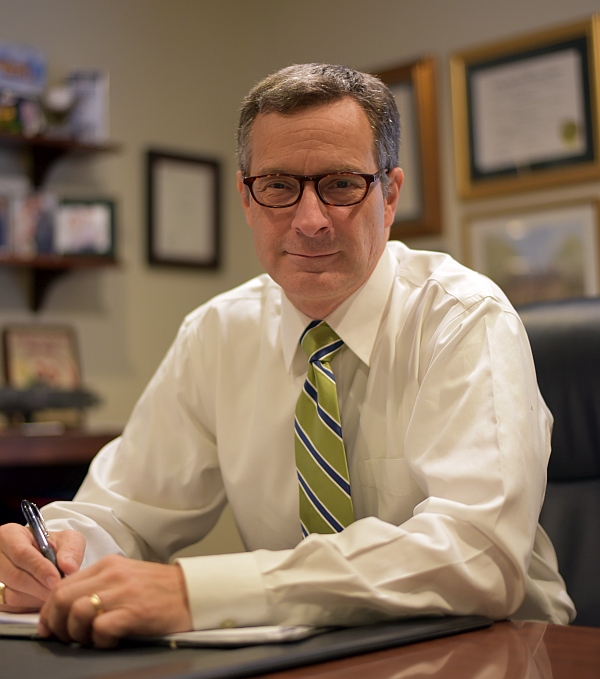
Message from SCICU President and CEO Jeff Perez –
I cannot recall a more challenging year to be working at a college or university. Campuses that completely adapted their academics to online learning in the spring have spent the summer conducting a top-down review of all campus operations in order to be prepared for a fall semester like no other.
Our campuses are entering uncharted waters with few reliable markers to guide them.
There are no models for a pandemic, and no one has previously experienced the many disruptions resulting from COVID-19. In South Carolina we have perhaps too much experience with hurricanes, the fury of which last a few days. COVID-19 is storm that’s been raging since March. How do the campuses navigate through that?
The typical compasses used to chart the planning for the upcoming year have been knocked out of kilter by COVID-19. By this time campuses typically have a solid idea how many students will be enrolling in the fall. Attendance at on-campus orientations is usually a strong predictor, but many campuses cancelled or significantly altered how students and families came to campus, if at all.
What about the number of deposits? Admission counselors across the country have heard that students are leaving deposits at several institutions, concerned that if one campus will not resume on-campus, they will attend another. Many campuses have noted sizable attendance at virtual orientations, but no one knows if that will translate into matriculated students.
How many students will be returning is also difficult to project. Communications with students and national surveys indicate students very much want to come back, but families have trepidations.
One promising sign has been strong enrollment in summer sessions. Students seem to be more comfortable with online academic programming and are using the summer to get a jump on the fall semester – that suggests they’re planning to return.
Our campuses won’t know for sure who is attending until they move-in or start taking classes.
With the fall semester about to begin campuses face the challenge of mapping out how to provide the robust learning and living experience students want while implementing appropriate COVID-19 safeguards. But what is appropriate? Campuses have been relying on federal and state guidance, but those also have been moving targets.
Providing safeguards requires thinking through every aspect of a campus’ operation, and there’s a domino effect. For example, classrooms are being measured to identify how many students can be accommodated while maintaining social distancing. That will require moving classes into different spaces, which may displace other operations. And doing so will impact the overall schedule of courses. Courses are also being redesigned to provide the flexibility of being online so that the number of students in a classroom at one time can be reduced. In these “hybrid” courses, some students are online for part of the week, while others are in class, then they switch for the rest of the week.
How cafeterias operate and student residences are organized is also being reviewed to ensure that students can come back to campus as safely as possible.
There are also the logistical considerations of using PPE, providing physical barriers, and redirecting the flow of students around campus during course changes.
All campuses are initiating plans that reflect their particular circumstances and student needs. A number of campuses have elected to begin online and bring students to campus in about one month. Many campuses are restructuring their calendars so that students will finish classes around Thanksgiving and return home. And some will be entirely online.
The one constant our campuses can rely on is the strong leadership that begins with the presidents and follows through to their senior teams, the academic leaders, and supervisors.
SCICU is supporting their efforts. We’re coordinating weekly and bi-weekly virtual meetings of campus leadership so that they may benefit from each other’s experience. We’re also working in D.C. and in Columbia for legislation that facilitates their work.
A final word of deep thanks to the faculty and staff who demonstrate every day their commitment to students and dedication to the institutions they serve.
